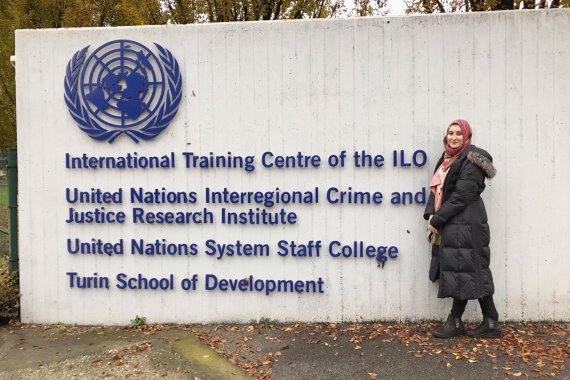Since 1919, the International Labour Organization has established and promoted a system of international labour standards (ILS) that cover a wide range of subjects in the world of work. ILS, agreed upon by governments, employers, and workers, are a key legal component in the international framework for governing globalization, promoting sustainable development, eradicating poverty and ensuring that everyone can work in conditions of freedom, equity, security and dignity.
ILS for constituents
ILO constituents are key actors in the procedures of standard setting, submission, ratification and supervision in the fields covered by the ILO’s mandate, as well as in the promotion and the application of ILS at the national level.
ILS for judges, lawyers, and legal educators
International labour standards are not only important tools for the development of national legislation. Together with the work of the ILO’s supervisory bodies, they can also contribute to strengthening domestic case law on labour matters. Read more
ILS for media
International labour standards and the work of the ILO’s supervisory bodies are important resources for accurate and responsible media reporting on social and development issues.
ILS and non-standard forms of employment
Temporary employment, part-time work and on-call work, agency work and multi-party employment, as well as disguised employment and dependent self-employment are non-standard forms of employment arrangements in today’s world of work. International labour standards help regulate and govern these evolving forms of employment relationships.
ILS implementation and reporting
Member States capacity to address international labour standards application gaps identified by the ILO’s supervisory bodies and to comply with standards-related reporting obligations under the ILO Constitution is strengthened using an integrated approach at national level that targets a range of actors. They include: officials of governmental institutions (Ministries of Labour and other Ministries providing inputs for the reports on international labour standards), representatives of employers’ and workers’ organizations, parliamentarians, judges, lawyers, university law professors, journalists and media professionals.
ILS, social responsibility, and sustainable development
Development agencies and companies must comply with international labour standards and fundamental principles and rights at work. Practical tools, such as face-to-face training courses, online courses, and country profiles, improve knowledge and understanding around international labour standards and development issues.







































